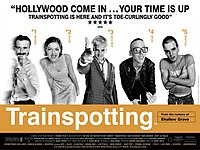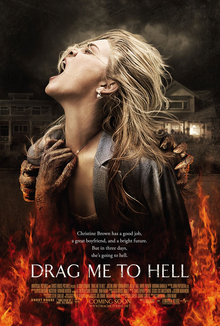Lists











11 Books
yuh! read...
Sort by:
Recent Desc
More lists by Nicholas Townshend



some of my favourite fucking movies omg
List includes: Se7en, There Will Be Blood, No Country for Old Men
December 2022
0
@nichtown03



yuh!
List includes: Trainspotting, Drag Me to Hell, The Fifth Element
December 2022
0
@nichtown03



yuh! show...
List includes: Mad Men, How I Met Your Mother, American Gods
December 2021
0
@nichtown03